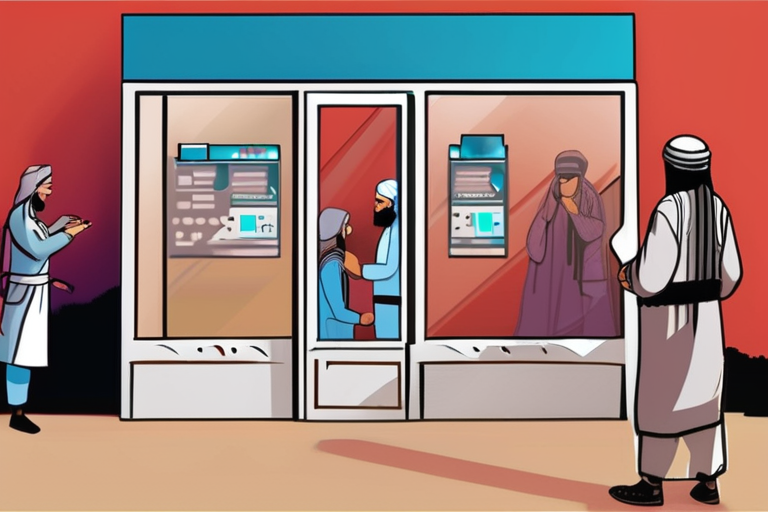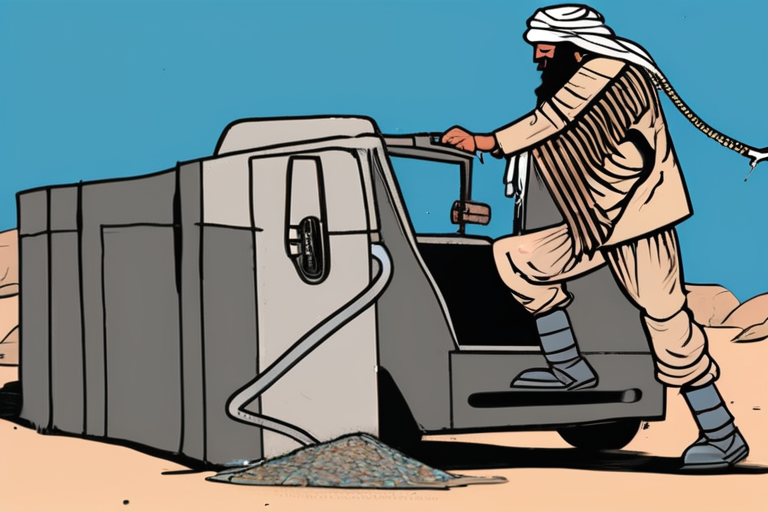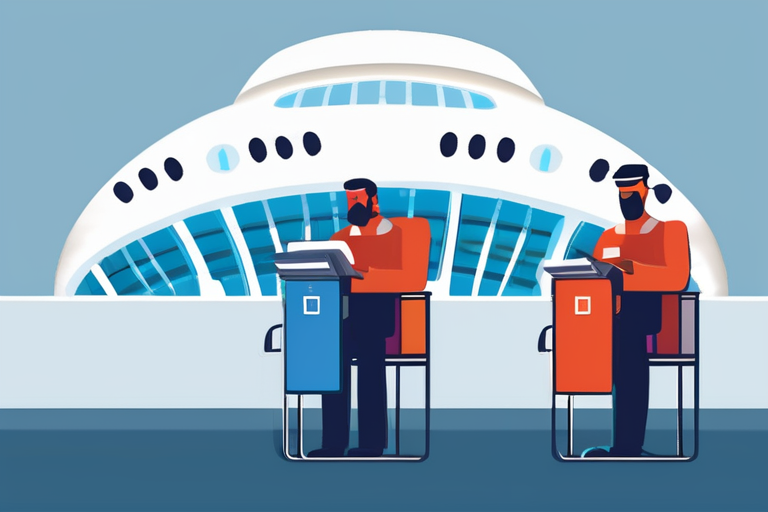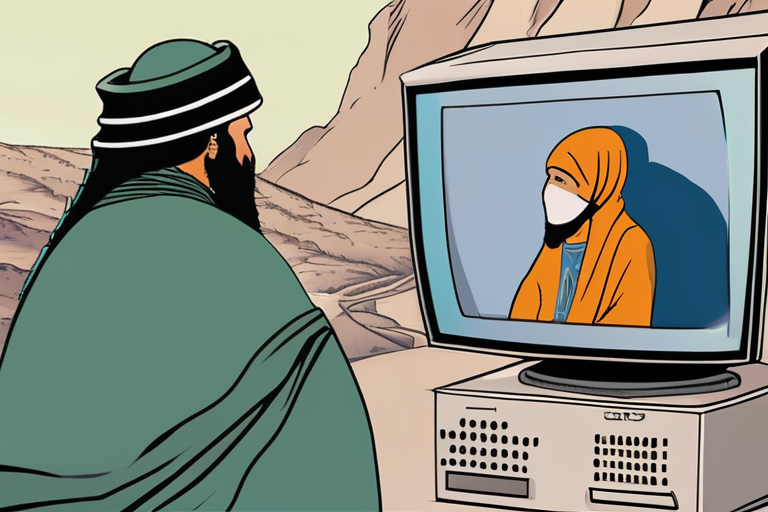Taliban Sought to Restore Internet Access Amid Growing Economic and Humanitarian Crisis in Afghanistan


Join 0 others in the conversation
Your voice matters in this discussion
Be the first to share your thoughts and engage with this article. Your perspective matters!
Discover articles from our community

 Hoppi
Hoppi

 Hoppi
Hoppi

 Hoppi
Hoppi

 Hoppi
Hoppi

 Hoppi
Hoppi

 Hoppi
Hoppi

Afghanistan: Taliban's Internet Shutdown Sparks Concerns KABUL, Afghanistan - The Taliban's decision to shut down fiber-optic internet connections has sparked …

Hoppi

AFGHANISTAN FLIGHTS GROUNDED AFTER INTERNET SHUTDOWN Kabul, Afghanistan - The Taliban government's decision to shut down the internet nationwide has …

Hoppi

The U.N. Mission Appeals to the Taliban to Restore Internet Access in Afghanistan ISLAMABAD (September 30, 2025) - The United …

Hoppi

The U.N. Mission Appeals to the Taliban to Restore Internet Access in Afghanistan ISLAMABAD - The United Nations mission in …

Hoppi

Flights in Afghanistan Grounded Amid Nationwide Internet Shutdown A nationwide internet shutdown imposed by the Taliban government has brought Afghanistan's …

Hoppi

The United Nations mission in Afghanistan has appealed to the Taliban to restore internet access across the country, citing the …

Hoppi